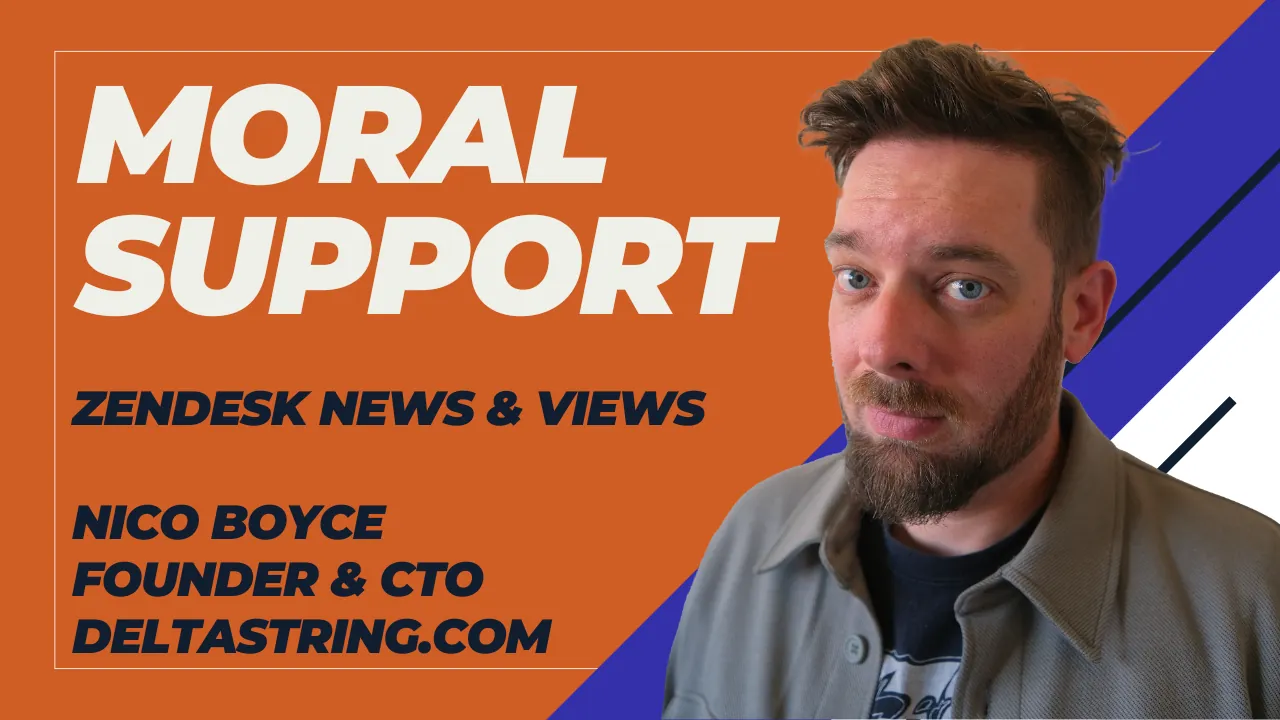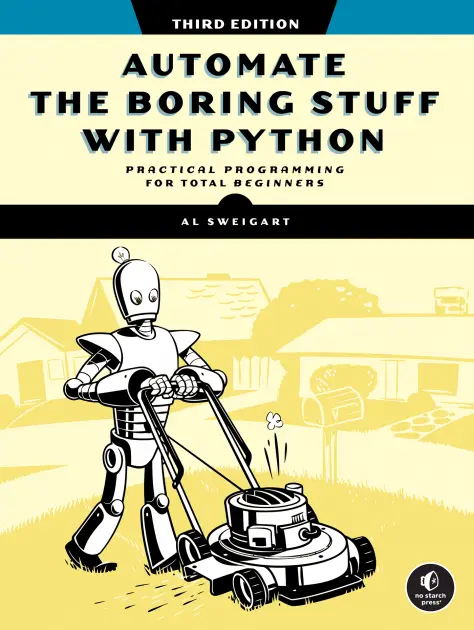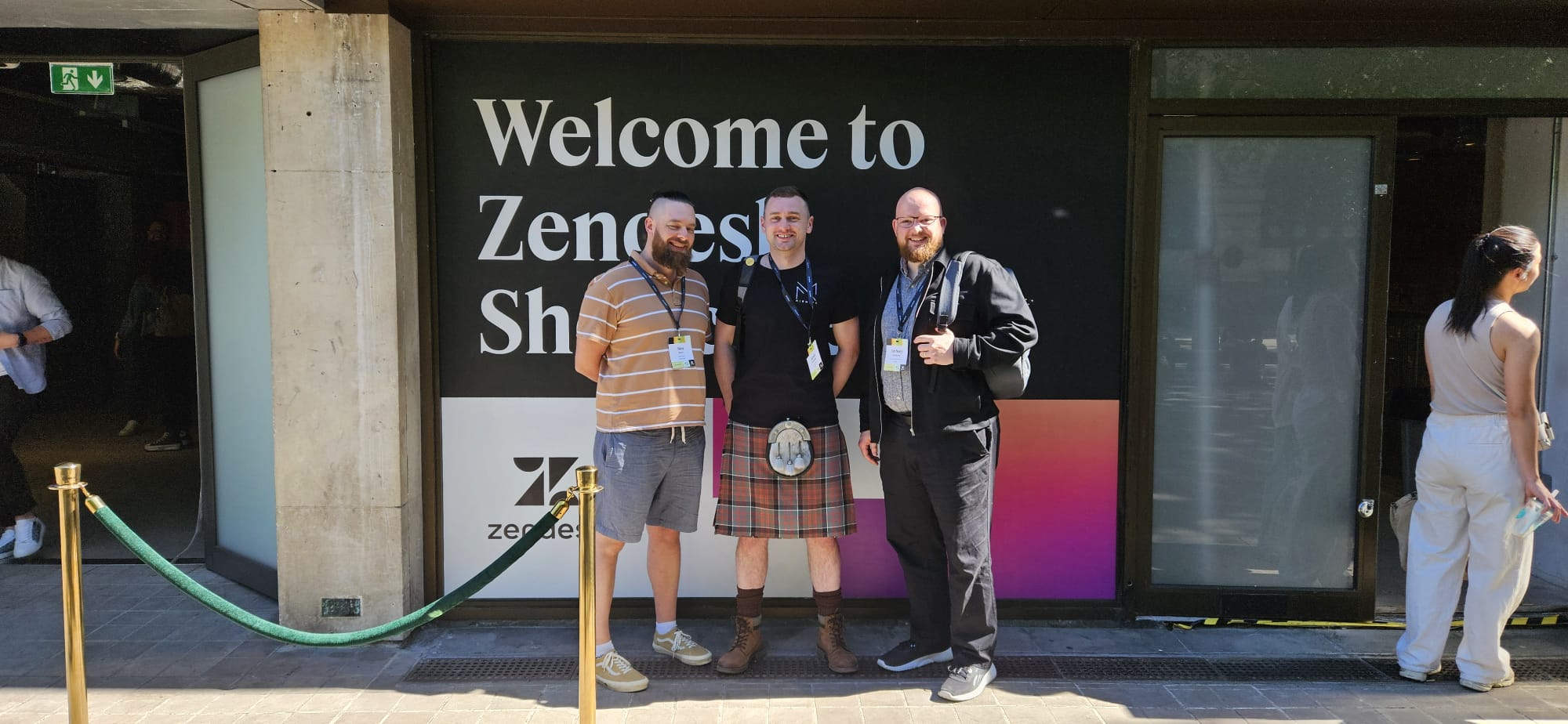Moral Support reads the news
4 September 2025

How are you?
Let’s normalise just saying “How are you?” instead of “I hope you’re well” which really means “Don’t you tell me about your problems” doesn’t it?
At Deltastring we start from the position “Good customer service is its own reward” and then when the processes are good our clients can use the enhanced data, the released agent capacity, the fresh insights from the customers, however they see fit. “How are you?” is a part of this. Not that vague of course, but we can absolutely throw in “How are you finding the product?” type questions.
Businesses worry about asking open questions, or inviting negativity. When I had restaurants, I always instructed my teams against asking closed or assumptive questions. We’re not afraid of hearing where we can do better. When someone has something to say, they are giving us the gift of an opportunity to act and improve. If they aren’t happy, thank them! I’m so grateful you shared this with us. It’s only through the honesty that we can continue to improve.
We don’t always get things right, and neither do you. Being perfect isn’t the goal. Being better tomorrow than we were yesterday, that’s what today is about. So how are you?
Housekeeping
Even though I was told in the comments on the Linkedin post regarding the relaunched Deltastring Zendesk ecosystem news page I was still was surprised and delighted to see our mention on Internal Note. I make no secret of the fact that the contribution to the ecosystem that Thomas makes is a huge inspiration to me and how I try and do business, so this is a gesture I appreciate.
In the same spirit, I am sure mamy of our readers will find great value in The Remote Creatives where marketing strategist Han lives the values she espouses, building in public and bringing her community with her. Highly recommended.
Notes on News
Since relaunching our Zendesk ecosystem news page, I’ve had several conversations about the thinking behind it. Here’s some thoughts on why I built it and how it works.
I was a big user of RSS before social media made these feeds less common. Sites such as Digg and Reddit were for a time great places to track news and views. I check Hacker News at least daily. I don’t feel like Substack and newsletters quite fill the niche of well-curated aggregation. Essentially it’s a case of building something I wanted to use, then later making it available for other people. Turns out there’s a bit of an audience out there!
RSS (and I’m including Atom and other syndication formats) is a broad and vague specification. I can’t go to other websites and tell them they need to change the way they build their feed. I did have a chat with one source when we did identify an issue but we needed a robust and consistent way of parsing feeds.
Plenty of places don’t even do RSS now so alternative methods are needed. I’m pretty handy with Python library BeautifulSoup. If you’re curious about scraping, start with Automate the Boring Stuff.

The problem is it ends up being very individual for each source. There’s another batch of sources on the way but we’re talking to the publishers where we can and trying to do things properly first time.
When there’s a big story, every website in the industry reproduces the news with little variation. It’s 2025, there’s a lot of ChatGPT regurgitation. Before adding the system to group and combine and summarise stories then the whole page would be one long list of every website publishing the same item. This is no use to anyone! One of those cases where LLMs caused the problem but provided the solution.
I think it’s important to build the tools you yourself can get value from. Look at Beacon, our upcoming Zendesk configuration management tool - this is something I built for myself originally and it’s going to be a hit with people who have other duties besides Zendesk administration.
Traffic is very healthy but I wouldn’t be worried if it was only us checking the page, because it is useful for our work. I think it’s only me who listens to my latest album but I’m still glad I write music.
People are very open to these sorts of ideas in the Zendesk ecosystem. Honestly it has been said that Zendesk Inc are not the best stewards of the community around the product but ultimately the reason we all do Zendesk is because we want to provide great support. That support can be for each other too!
I like to surround myself with people who think the same way, we’re talking the Kilted Consultant Jason McDonald, Ultimate specialist Jake Samson, Zendesk engineering guru Anthony Stenhouse, people who solve their own problems and this gives them great capability to service their clients.
